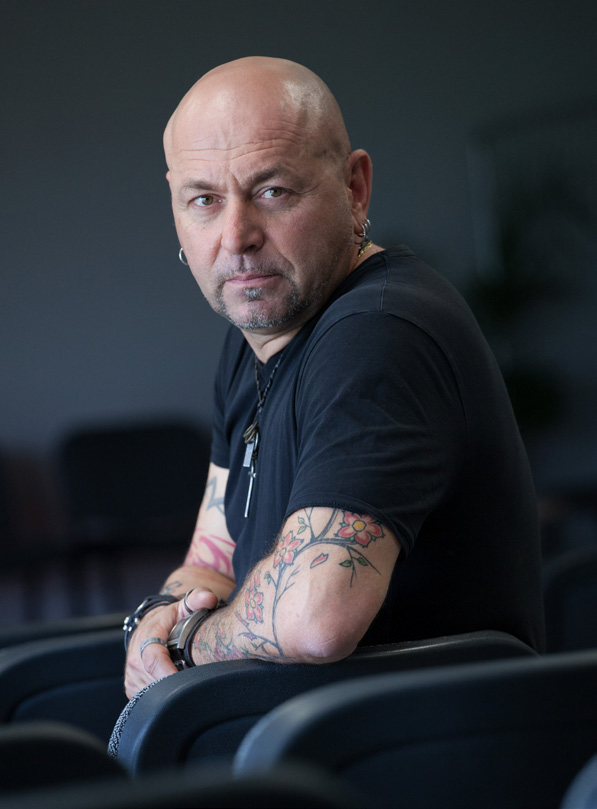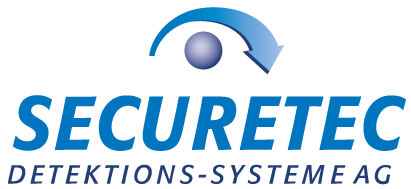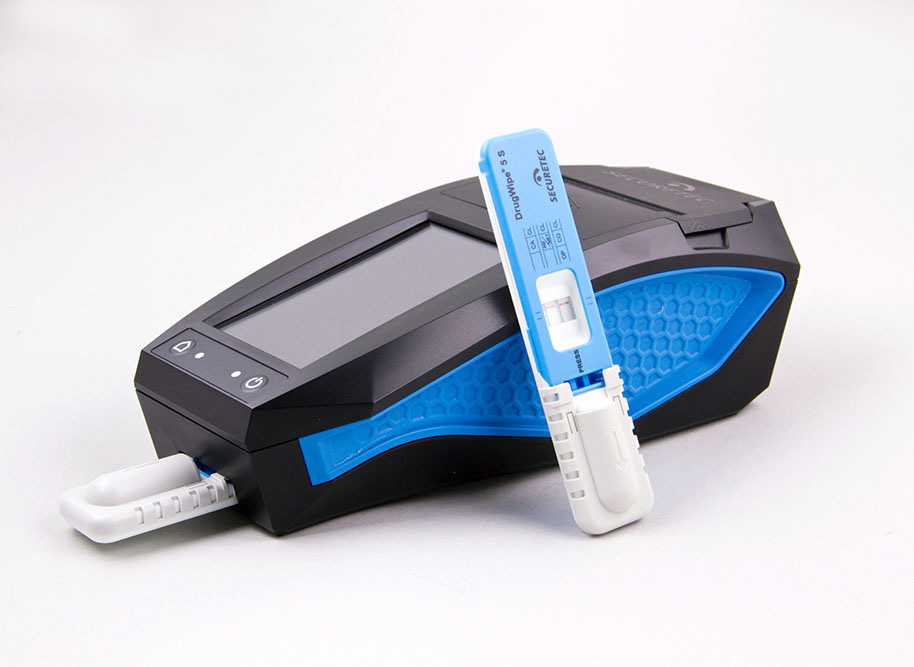
Targeted support for employees
A new approach facilitates access to help for employees who show risky consumption behaviour.
One red line is one too many – when the DrugWipe test is positive

Lionel Barra, founder and managing director of PARAT Conseils, has been supporting French companies in their efforts to prevent addiction since 2014. His innovative approach ensures that companies focus primarily on the health of their employees while complying with legal requirements. Barra’s methodology is based on a collective and multi-disciplinary approach, which is aimed equally at employees, their representatives, managers and union delegates. The method he has developed – known as O.S.S.C.A.R – emphasises transparency, and involves all participants in clearly defined processes with clearly defined goals. All across France, companies from a wide range of industries – from water cycle management to waste recycling and energy management – rely on Barra’s expertise.
To date, more than 7,000 individuals have taken part in training provided by PARAT Conseils. Around 60 former drug users have been successfully counselled. When used in conjunction with the proper supports, DrugWipe is a tool for health prevention rather than a repressive measure. The saliva test acts as a link between corporate strategy and employees.
The goal of screening tests is to effect behavioural change. Sometimes, all this takes is for testing to be announced. Or for the test to return a positive result (which doesn’t always come as a surprise) and for the next steps to be handled with sensitivity and tact. Confrontation and punishments should be avoided. Instead, managers should see a positive test result as the starting point for a conversation to clarify the situation. In this context, it is important to voice concerns and offer support. The underlying aim is to understand the background to the employee’s drug use and, based on this, to enter into an open dialogue with them.
If this is done honestly and openly, the conversation can be genuinely constructive and produce solutions. On the other hand, questioning or rejecting the test result or the process is counter-productive. Doing so runs the risk of creating defensiveness or even conflict.
If there is any doubt on the part of the employee involved, they can ask for the test to be repeated immediately. If the test is positive, the employee will need to be collected by someone from their trusted inner circle of family and friends. If a loved one is unable to collect them, a medical professional will provide further assistance. In general, a second laboratory analysis is offered. However, beginning an open dialogue is the most effective way of working together to identify solutions.
A credible partner for dialogue
PARAT Conseils collaborates with people from all over France who have recovered from addiction. All have received intensive training in how to support employees in difficult situations, and have proven to be an invaluable part of the success of the process. The support they provide is based on their own personal experience, which helps build a relationship of trust with those seeking help. This motivates those affected to engage more actively with the therapeutic approach than they would if a more conventional medical or psychological method were applied. In this way, PARAT Conseils acts as a bridge between the employees and the therapeutic approach. It is essential for the approach to be tailored to the individual needs in each case and for this to be done when the person is ready and has a full understanding of what is involved.

The DrugWipe© test detects cannabis, cocaine, ecstasy, amphetamines, methamphetamines and heroin. Ketamine and benzodiazepine detection is also available on request.
Bildquellen:
Securetec AG; AdobeStock 473706693, 408797824



